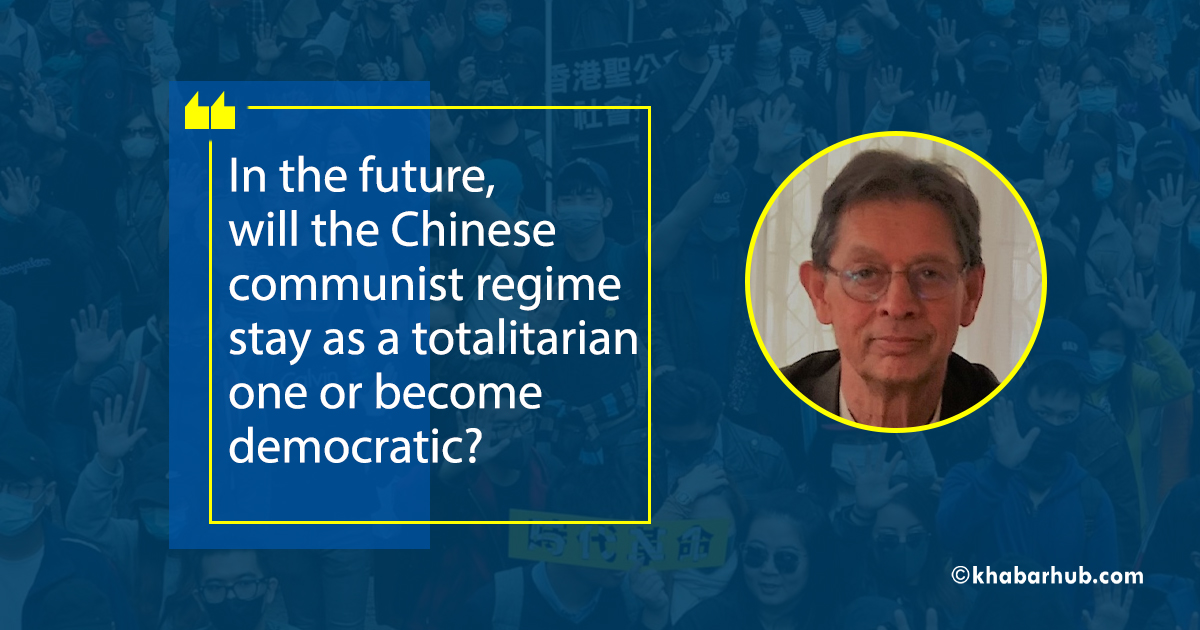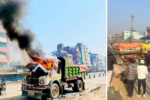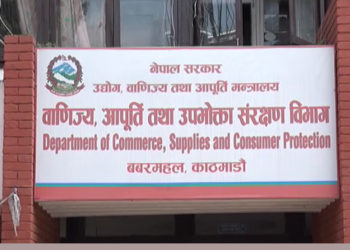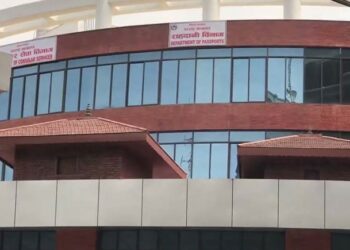The national law on security effectively abrogated the ‘one country, two systems’ model in Hong Kong mentioned some 27 years ago in the Sino-British Joint Declaration of 1984.
This led to the arrests of several persons who have been charged with violations of the new security law.
In this article, I try to look at a different aspect of the brutal steps taken by China’s President Xi Jinping.
A few questions to ponder: Is this move in the interest of communist China (PRC)? Can it do now without Hong Kong? In the future, will the ‘communist’ regime stay as a totalitarian one or become democratic? Will the new law be in favor of PRC?
What foreign companies appreciated in HK was a vibrant law, independent judges, spotless reputation, and total access to European markets.
Since the retrocession in 1997, HK has been an international financial hub. It took advantage of the status of autonomy which allowed it to stay at the 3rd rank of global financial markets concerning its diversity, along with New York, London, Berlin, Singapore, Paris and Tokyo.
Up to a point where Chinese corporations already circulated in the Wall Street rushed to HK when they heard they risked, due to the White House, not to be welcomed anymore in the US.
A sign of this is the number of foreigners — among 7.5 million people living in HK, as many as 25,000 French, one of the biggest French communities in Asia.
What foreign companies appreciated in HK was a vibrant law, independent judges, spotless reputation, and total access to European markets.
Other cities in PRC like Shanghai and Shenzhen combined are bigger, but they lack impartial courts, an independent central bank, a free flow of capital with the West. That is why HK made 9,7 trillion dollars of crossborder transactions last year.
HK is a hub where Chinese companies get US dollars – a dominant global currency. In 2019, a total of US$10 trillions were converted into HK in 2019.
The part of HK, as an open door between the capitalist West and the communist world China is leading, will go to other countries like Singapore where political and judicial independence, a must for a good business relationship, are best assured.
However, HK witnessed its development, at its doors, with technical support and money coming from the PRC.
While the bordering region such as Shenzhen, Guangdong and other neighboring cities developed hi-tech industries, HK was left with service activities.
Shenzhen, across the border, became an essential technopolis by hosting the HQ of Huawei and one of the biggest global drone manufacturers, DGI International.
Therefore, HK which registered as one-fifth of PRC’s GDP in 1997 now has only 3%.
HK’s economy turned to services.
The city was more dependent on transportation, although its harbor is less crowded with Chinese goods than before, on tourism, trade and finance and insurance businesses.
At the same time, the number of regional HQs went up by 2/3rds, due to the coming for example of AIA insurance, followed with Prudential, both PRC based!
HK can continue playing this role if President Xi Jinping hadn’t decided to behave the way he did in HK for reasons already explained here: The integrity of the Chinese territory which was challenged by the recession following the trade war with Mr. Trump and the COVID 19 pandemics.
The paradox is that the more PRC becomes autocratic, the more it needs HK’s openness.
Can PRC do without HK? Probably, but it would lose significantly.
It takes more than one day to build a service platform as sophisticated as HK till now and this territory will stay an important hub of global finance for a long time.
Whether you run a fund dedicated to Asian investments or a manufacturing or a banking multinational company, HK relevance will be evaluated through three criteria:
1. How will Beijing enforce the new security law? Will the judges continue to be independent or will they be subject to Beijing’s control?
2. Will Washington put an end to the peg between the US dollar and the HK dollar?
3. Will the PRC satisfy with silencing political defenders of democracy or will it target-independent institutions in HK, including the courts, the central bank, regulators and the accounting regime?
The PRC will think it twice before going that way. It knows its economic prosperity and its big companies’ health are at stake, without thinking of the reputational cost.
But it also weighs the damage an uncontrolled political evolution, where it sees the influence of America, would cost to the PCC’s power.
The PRC is annoyed by pro-democracy activists (the Yellow). It is supported by a fraction of the Hong Kongers themselves (the Blue).
The PRC was among many reasons pushed by the aggressivity of the trade war and other attacks by Pres Trump and, behind him, a kind of a Western coalition.
President Xi Jinping had to show his muscles, the same as his predecessors in 1989 in Tien An Men, under applauds of friends like Laos.
But by doing so, even if he is keen not to create a blood bath like 40 years ago, he is costing time to the PRC.
The part of HK, as an open door between the capitalist West and the communist world China is leading, will go to other countries like Singapore where political and judicial independence, a must for a good business relationship, are best assured.
PRC will survive. Big businesses with strong interests will wait and see, stating like this Western businessman that a brutal policy is also impacting, without anyone paying attention, 1 million Xin Jiang people. The PRC will soon make 30% of the global GDP.
However, the EU, as noted by François Godement (Asia Center) will prove it can be a better defender, more noticeable by the PRC, than a forward when failing to design a policy against PRC’s bold initiatives (BRI, AIIB).
The best outcome, according to many commentators, would be if a newly elected US President, scaling down of the tension, would allow HK to play its role and the Westerners not being naïve: the PRC will not give up with its model under pressure and the West is ready, after the CODIV19, to make financial sacrifices to be more independent.
(The writer is former Ambassador of France to Nepal)









Comment